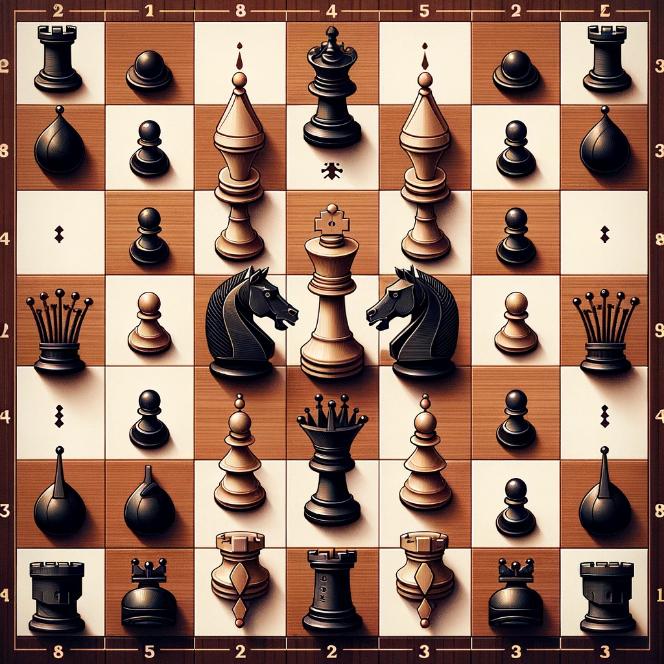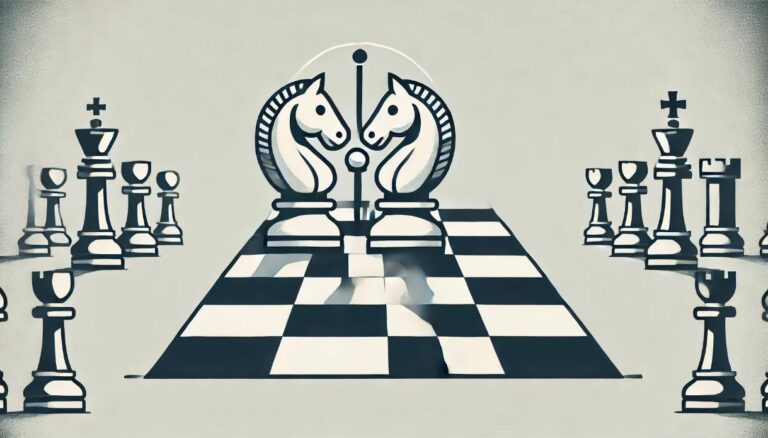Introduction
Chess is a strategic board game that has been played for centuries, but in recent years it has also become a popular domain for artificial intelligence (AI) research and development. With the advancement of AI technology, chess programs have become incredibly powerful, often defeating the best human players in tournaments and matches. However, in order to ensure fair and successful tournaments, the role of the Chess Arbiter is of utmost importance. In this article, we will discuss the responsibilities and role of a Chess Arbiter in tournaments and how they contribute to the overall success of the event.
The Role of a Chess Arbiter
A Chess Arbiter is a certified individual who is responsible for ensuring that the rules and regulations of a chess tournament are followed and that the event runs smoothly. They are also responsible for making critical decisions during the tournament, such as resolving any disputes or rule violations. The primary role of a Chess Arbiter is to serve as a fair and unbiased mediator between the players, ensuring that the tournament is conducted in a professional and organized manner.
Another vital aspect of the Chess Arbiter´s role is to ensure that the tournament is being played fairly and that all players have an equal opportunity to win. This includes monitoring the players´ behavior and making sure that there is no cheating or disruptive behavior during the games. If a player is suspected of cheating, it is the Chess Arbiter´s responsibility to investigate and take appropriate action to maintain the integrity of the tournament.
Responsibilities in Tournaments
The responsibilities of a Chess Arbiter extend beyond just enforcing the rules. They are also responsible for organizing and coordinating the tournament, ensuring its smooth and timely execution. This includes tasks such as arranging the playing hall, managing the time schedule, and updating the tournament standings.
Moreover, the Chess Arbiter also plays a crucial role in the technical setup of the tournament. They are responsible for setting up the chessboard and pieces, ensuring that the chess clocks are working correctly, and resolving any technical issues that may arise during the tournament.
Conclusion
In conclusion, the role of a Chess Arbiter is essential in ensuring a fair and successful tournament. They must have a deep understanding of the rules and regulations of the game, be effective communicators, and have excellent organizational skills. They also play a critical role in maintaining the integrity of the tournament and handling any unforeseen circumstances that may arise. Without a competent and responsible Chess Arbiter, a tournament cannot be conducted successfully, and the players´ experience may be negatively affected. Therefore, we must not overlook the importance of the Chess Arbiter in the world of chess tournaments.






